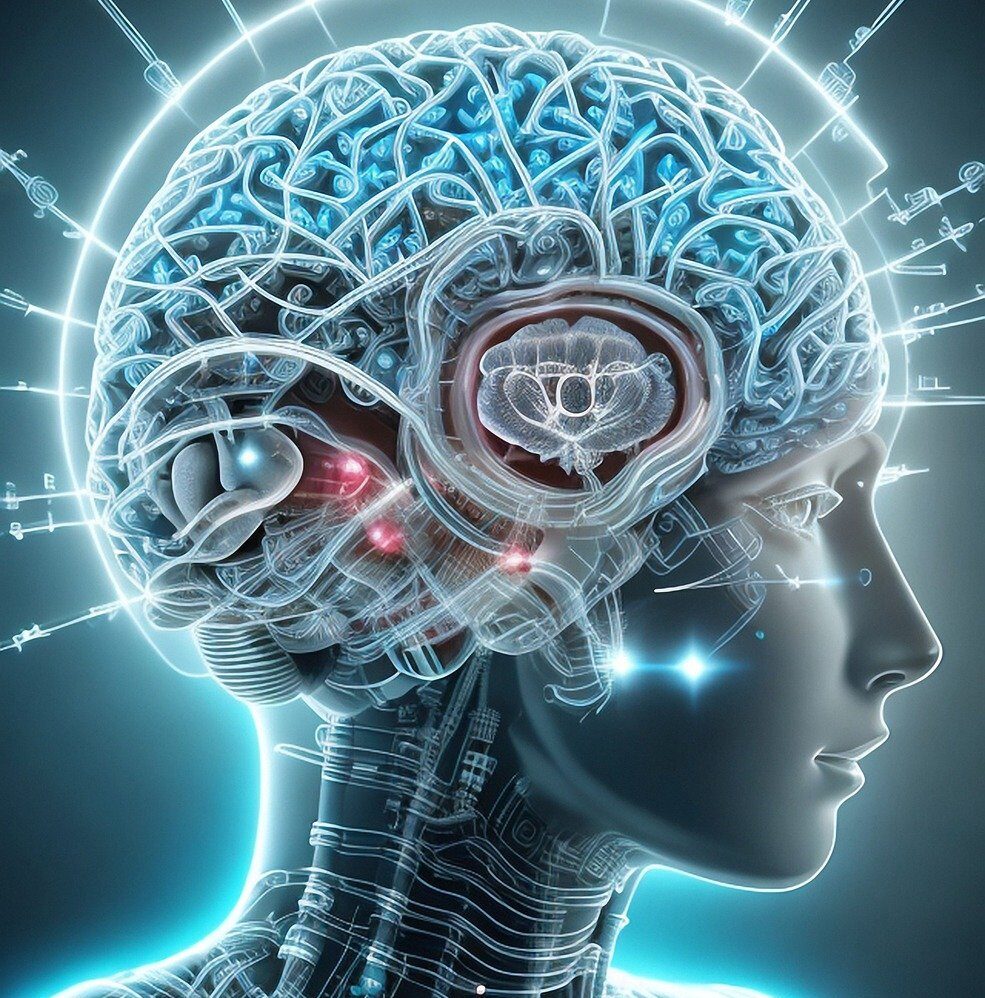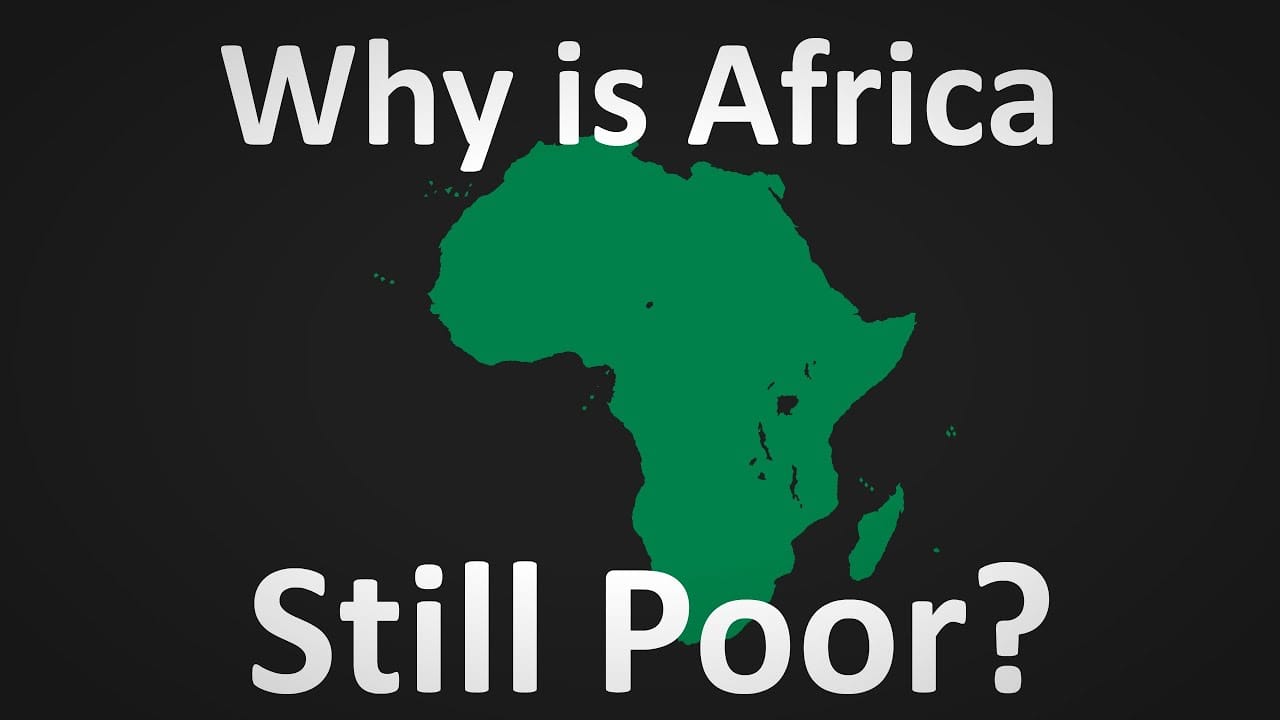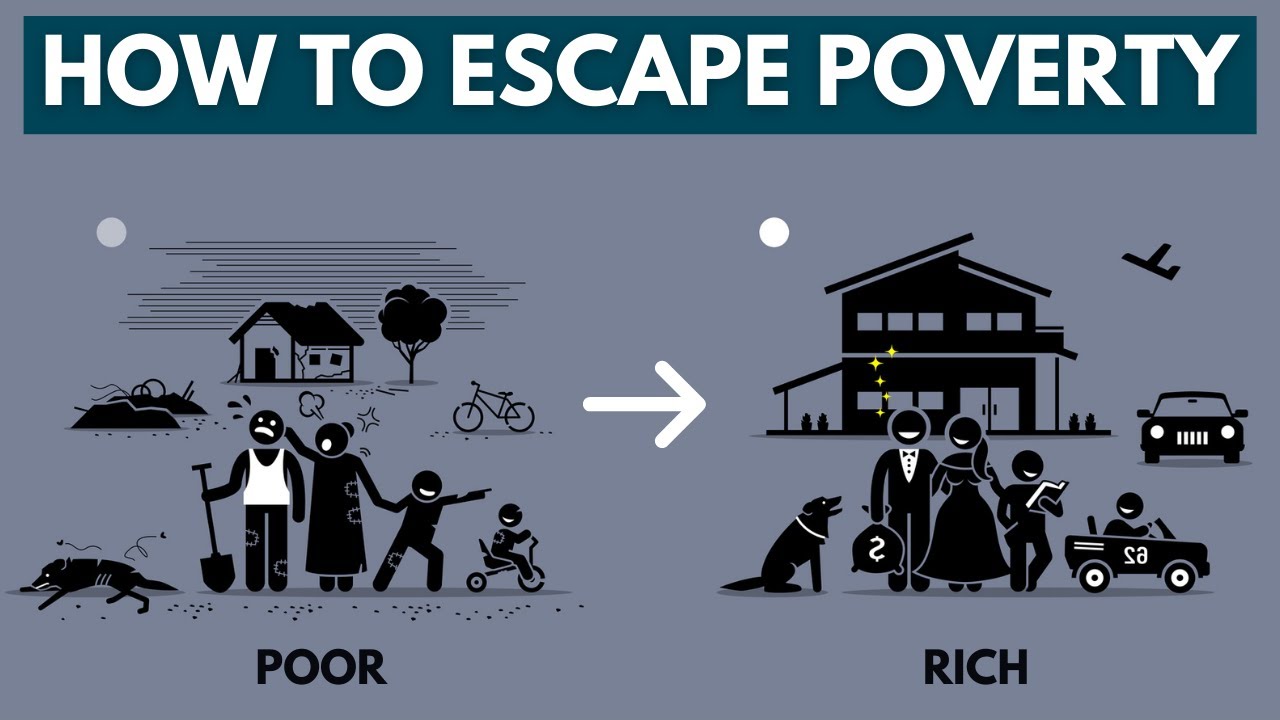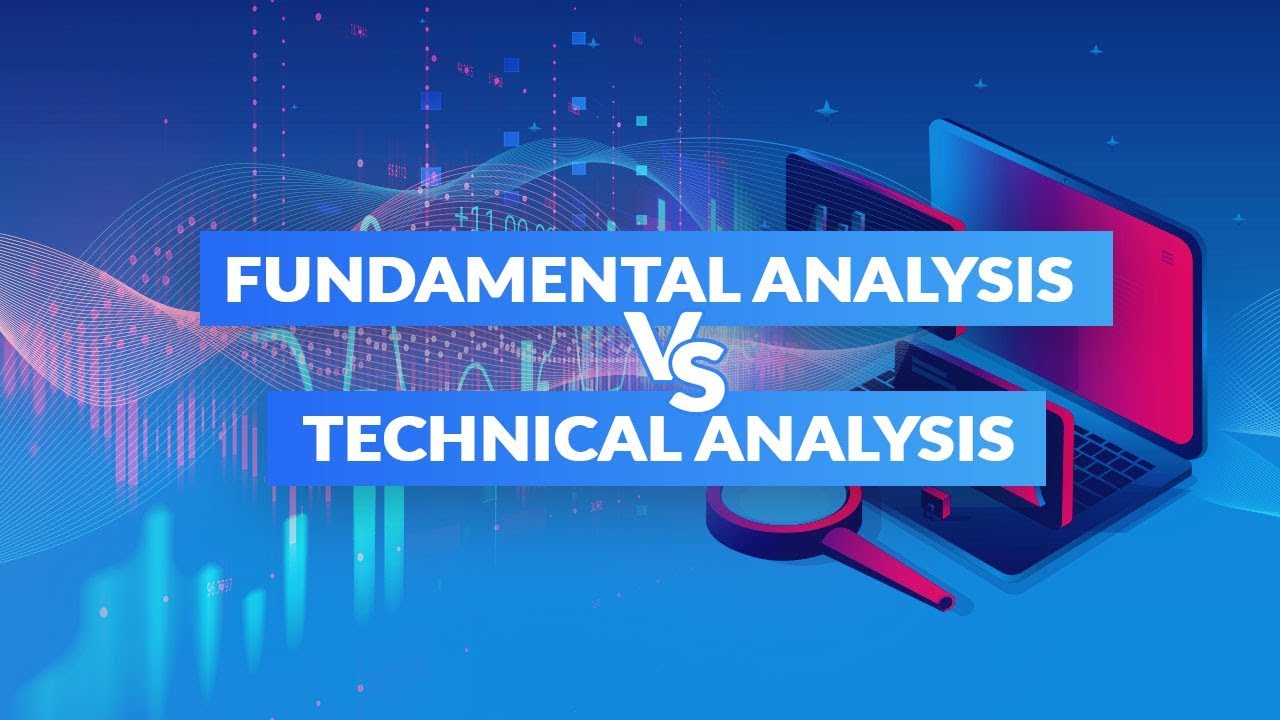Poverty remains a significant challenge in Africa, but emerging technologies, such as Artificial Intelligence (AI), hold immense potential to drive positive change and uplift communities. AI has the capacity to revolutionize various sectors and create innovative solutions that can alleviate poverty and improve livelihoods. Here are the top five ways in which AI can be leveraged to combat poverty in Africa.
- Enhanced Agricultural Productivity: Agriculture is a crucial sector in Africa, employing a significant portion of the population. AI-powered technologies, like remote sensing and data analytics, can provide valuable insights into soil quality, weather patterns, and crop health. This enables farmers to make informed decisions regarding irrigation, fertilizers, and pest control, thereby optimizing productivity and increasing crop yields. AI can also facilitate better market access by providing real-time pricing information and connecting farmers directly with buyers, reducing reliance on intermediaries and increasing profits.
- Improved Healthcare and Access to Services: AI has the potential to revolutionize healthcare delivery in Africa, particularly in rural and underserved areas. Intelligent algorithms can help in early disease detection, enabling prompt intervention and reducing healthcare costs. AI-powered chatbots and telemedicine solutions can provide remote consultations and medical advice, ensuring access to healthcare services in remote regions. Additionally, AI can be utilized to optimize healthcare resource allocation, predict disease outbreaks, and streamline medical supply chains, ultimately making quality healthcare more accessible and affordable.
- Financial Inclusion and Microfinance: Access to financial services is crucial for poverty reduction. AI-driven tools can enable innovative solutions such as mobile banking, digital wallets, and microfinance platforms, providing individuals and small businesses with access to affordable financial services. AI algorithms can assess creditworthiness, evaluate risks, and enable faster loan approvals, thereby empowering entrepreneurs and encouraging economic growth. By promoting financial inclusion, AI can create pathways for individuals and communities to escape the cycle of poverty.
- Education and Skill Development: Quality education and skill development are fundamental for breaking the cycle of poverty. AI-powered platforms can offer personalized and adaptive learning experiences, catering to individual needs and learning styles. Intelligent tutoring systems can provide tailored support and feedback to students, bridging educational gaps and improving learning outcomes. AI can also facilitate vocational training by identifying skill demands in the job market and offering targeted training programs, equipping individuals with in-demand skills for better employment opportunities.
- Data-driven Policy Making: AI can support evidence-based policy making and governance, which is crucial for poverty eradication. By analyzing vast amounts of data, AI algorithms can identify patterns, trends, and correlations, leading to more informed decision-making by policymakers. This can help optimize resource allocation, identify areas of need, and design effective social welfare programs. AI-powered predictive models can aid in disaster preparedness and response, enabling early warning systems and facilitating timely interventions during natural disasters or humanitarian crises.
Artificial Intelligence has the potential to transform Africa’s fight against poverty. It is crucial for governments, organizations, and stakeholders to collaborate in utilizing AI responsibly, ensuring that the benefits of these technologies are accessible to all, and that the potential risks are mitigated. By embracing AI solutions, Africa can accelerate its development, promote inclusive growth, and move closer to a future where poverty is eliminated.













